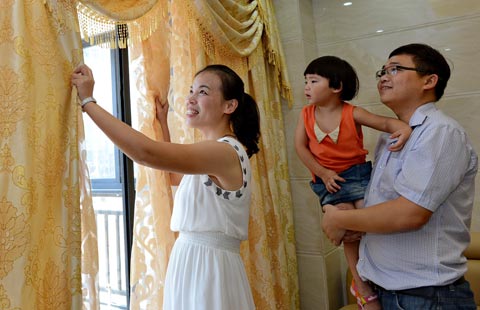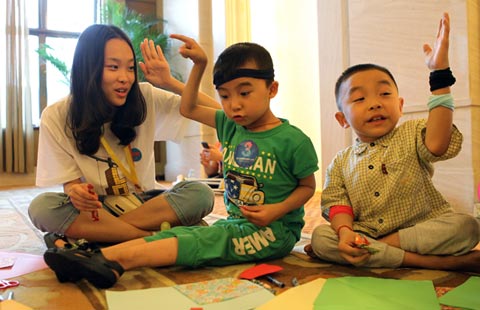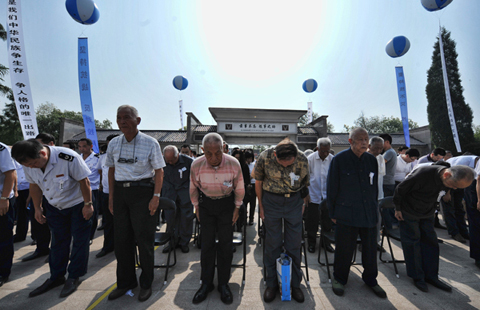Exam questions remain
Updated: 2014-09-09 07:16
(China Daily)
|
|||||||||||
The latest rerorm to the gaokao, or national college entrance examinations, will be the biggest-ever change to the way students are enrolled by universities since 1978. Under the reform, the final scores of three courses students take during their high school years will be used in the appraisals of candidates for college enrollment.
The measure is to be implemented on a trial basis in Shanghai and East China's Zhejiang province for two years before being rolled out nationwide in 2017. Apart from Chinese, math and English that will remain in the national exam, students will be able to choose three out of six designated courses to be used in their high school appraisals.
Will the move strike a balance between fairness and the efficient selection of desirable candidates?
It should, but only if it is carried out as its designers expect. However, it is not certain that the reform will not be compromised or even bent in the process of implementation.
The current examinations have long been criticized for ignoring the overall quality of candidates and been condemned as the major culprit for the rampancy of rote learning in high schools.
Other alternatives, such as extra scores for candidates judged to have moral integrity or special talents in a particular field, such as sports, and mandates given to universities to enroll students on their own, have turned out to be a source of corruption. Some schools sell the extra marks to parents willing to buy them, and some of those in charge of enrolling students at universities take bribes from parents who are willing to buy their children's admission into a prestigious university.
The new reform, although designed with a view to changing the entire process for greater fairness and the selection of those candidates with the best overall qualities, does leave questions that need to be answered.
Will the teachers in charge of a class or school principals or the combination of two give the final appraisals of a student's overall quality? What if some parents get a good appraisal for their children by bribing teachers or principals? What if some teachers or principals take this as a money-making opportunity? What if some parents bribe teachers to allow their children to cheat in examinations for the three courses they choose for their college entrance assessment?
The reform, although it is heading in the right direction, still faces a lot of uncertainties and has many difficulties to overcome before it can be claimed to be a success.
Related Stories
Gaokao reform significant for enhancing social equity 2014-09-05 19:16
China promotes gaokao equality 2014-09-04 16:38
Gaokao reform merits applause 2014-03-25 09:03
Bonus-point system for gaokao trimmed back 2014-07-02 07:52
Today's Top News
Ukrainian president orders ceasefire in east
Alibaba to raise $20b in IPO record
Li urges collaboration on MH370
Number of new companies surging
NATO to offer tailored support to Ukraine
Babies bob about in water at US's first baby spa
News website staff face extortion probe
China's meeting on 13th five-yr plan
Hot Topics
Lunar probe , China growth forecasts, Emission rules get tougher, China seen through 'colored lens', International board,
Editor's Picks

|

|

|

|

|

|





